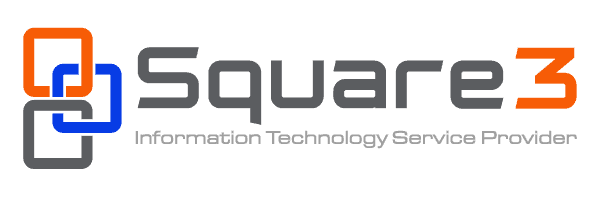How secure is the cloud?
Storing business-critical data in the cloud can, at first, feel like a significant risk. But a staggering 77 percent of enterprises have already migrated one or more of their applications to the cloud.
So, how secure is the cloud, really? And how can you safeguard your cloud-stored information against malicious hackers and cybercriminals? Let’s find out.
The benefits of cloud storage
Believe it or not, cloud-based storage offers many security-related benefits over traditional infrastructure.
Let’s take a look at some of the features that make cloud-based apps even more secure than conventional, in-house storage systems.
Advanced firewalls
Cloud storage providers hinge their entire reputations on keeping data secure, so you can bet they are using the most sophisticated firewalls on the market.
Firewalls examine traveling data – simple firewalls assess the source and destination, and advanced firewalls evaluate the content’s integrity. When your data is in the cloud, it’s most likely protected by advanced firewalls.
What’s more, internal firewalls prevent compromised accounts from accessing all stored data. This feature, again, boosts security.
Event logging
Event logs track data and network actions. Analysts then use this information to predict threats, learn from past breaches, and improve their app’s defenses.
Data encryption
Many cloud-based apps and storage providers encrypt their user’s data.
“Data encryption is among the most effective strategies for mitigating the damage caused by data loss, with end-to-end encryption being one of the most secure forms of encryption.” – Forbes
Put simply, data encryption means that if data is obtained by an unauthorized user, they won’t be able to access its content, rendering the data totally useless.
Detection of intruders
Cloud storage vendors implement multiple levels of defense to protect stored data – including intrusion detection. Many apps can even identify threats after they have moved through the first lines of defense, minimizing the impact of the breach.
Robust physical security
Cloud data centers are extremely secure. That means 24-hour monitoring, fingerprint-activated locks, and even armed guards. It’s unlikely any small- to medium-sized business would be able to achieve such robust physical security in-house.
Cloud storage risks
Cloud storage is secure. But there are some risks involved, many of which come down to employee awareness.
Let’s take a look at some of the threats to cloud-stored data.
Weak passwords
Weak passwords are one of the most common vulnerabilities exploited by cybercriminals. It’s essential that you and your team choose strong passwords that contain a random mix of lower- and upper-case letters, numbers, and special characters (!, @, #, %, etc.). Enabling two-factor authentication is also a wise idea.
Poor staff training
If your staff are unfamiliar with cloud storage systems, they may not be aware of the threats that exist and the best-practices to prevent them. Proper employee training is critical – in the modern-day workplace, every individual must work together to protect the business against cybercriminals.
No disaster response or recovery plan
If your business was to experience a security breach, would you know how to respond?
Disaster response and recovery plans outline a step-by-step approach to potential threats, including security breaches via cloud-based apps. With a comprehensive plan in place, you can eliminate the threat as soon as possible, minimizing damage and reducing downtime.
Zero phishing protection
Phishing emails are one of the most prevalent cyberattacks. Cybercriminals create emails that appear to be from legitimate organizations – such as service providers and financial institutions. Hackers then trick the victim into divulging private information, which they use to infiltrate business networks. If you don’t have enterprise-grade email filtering in place, you are putting your company at risk.
Can I trust the cloud?
In short, yes. The benefits of cloud computing can boost productivity, cut costs, and even enhance your data security. That being said, this relatively new technology comes with its own set of risks. Proper training and support are vital.









